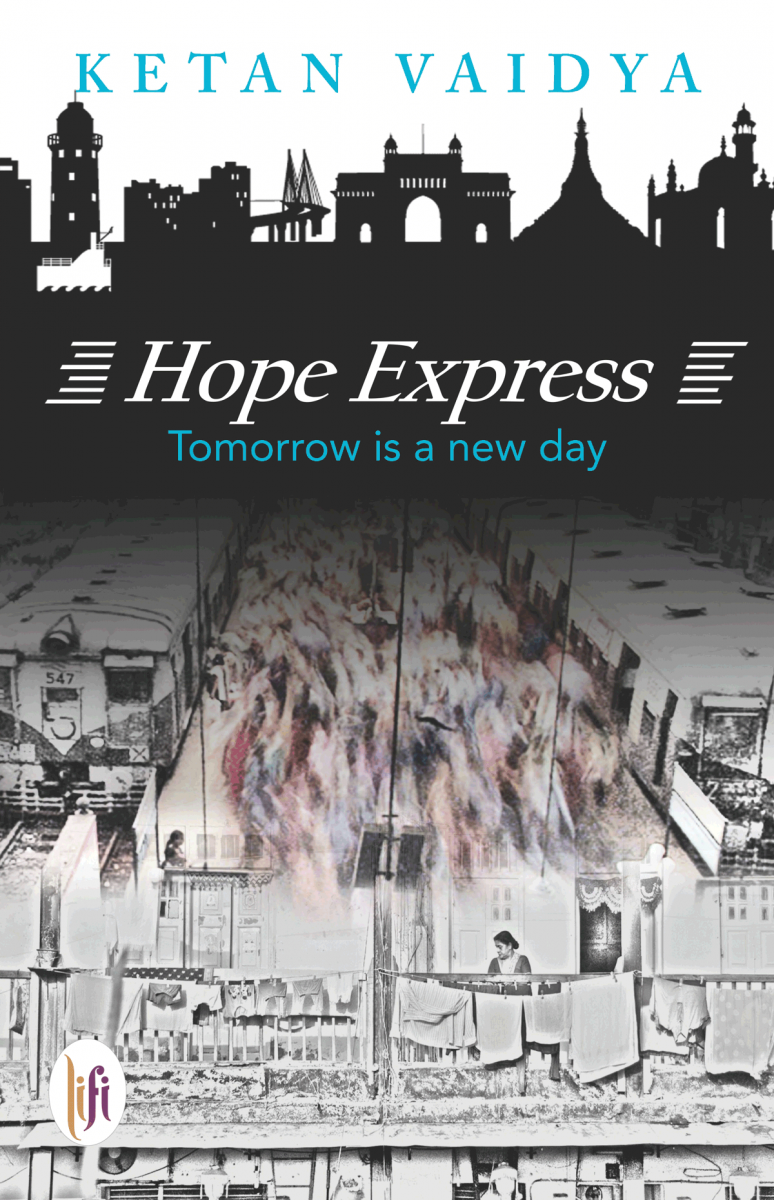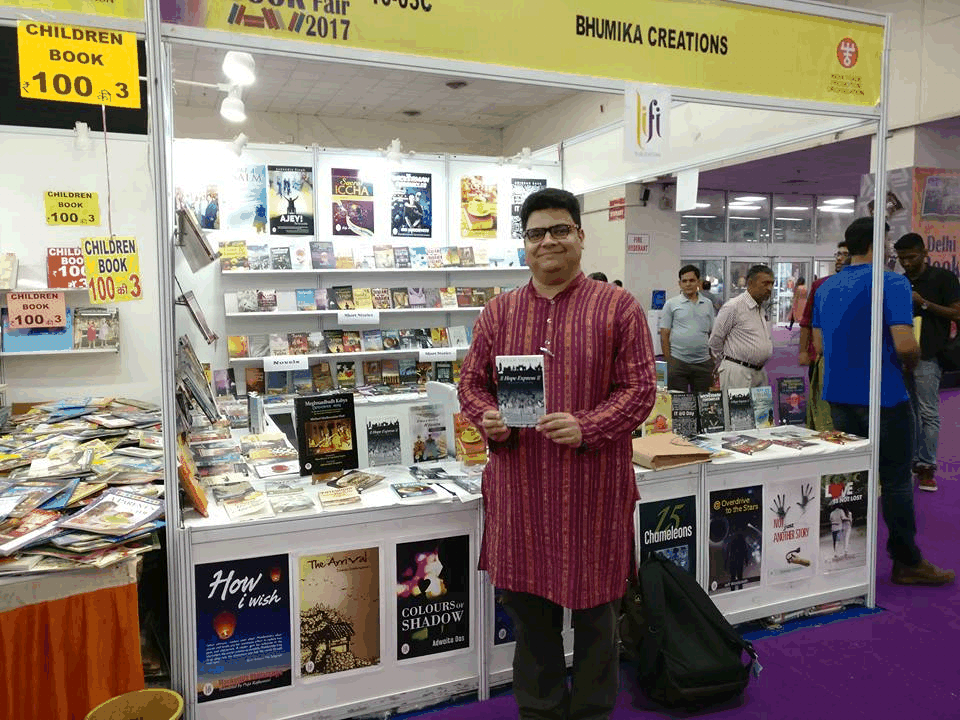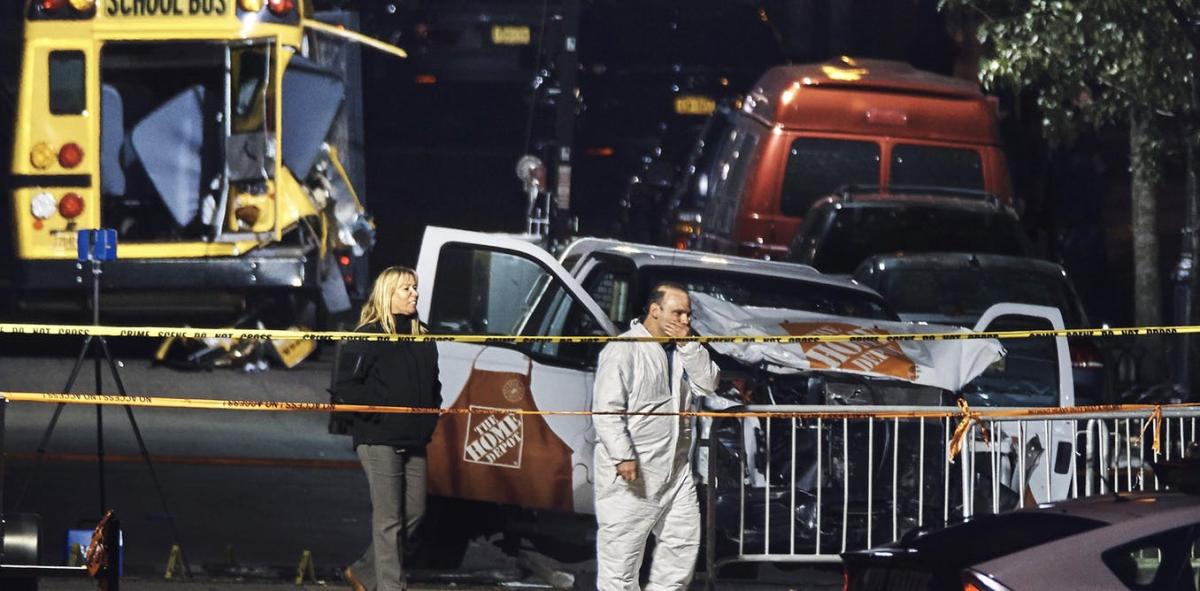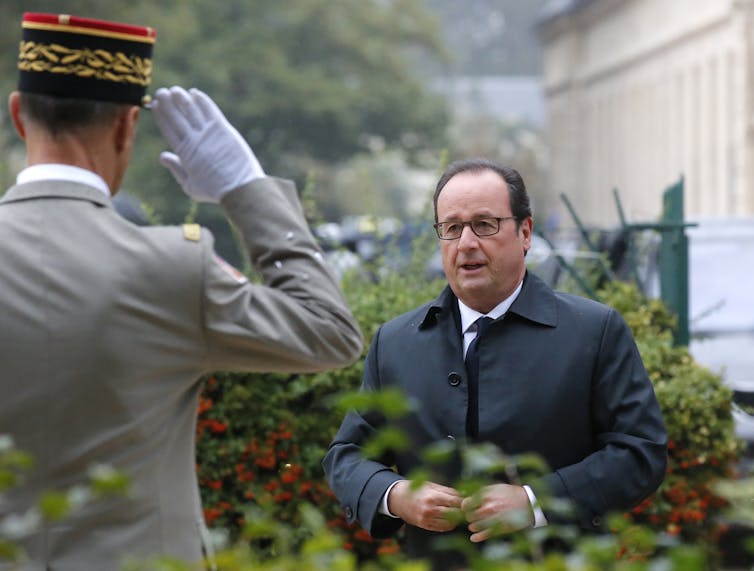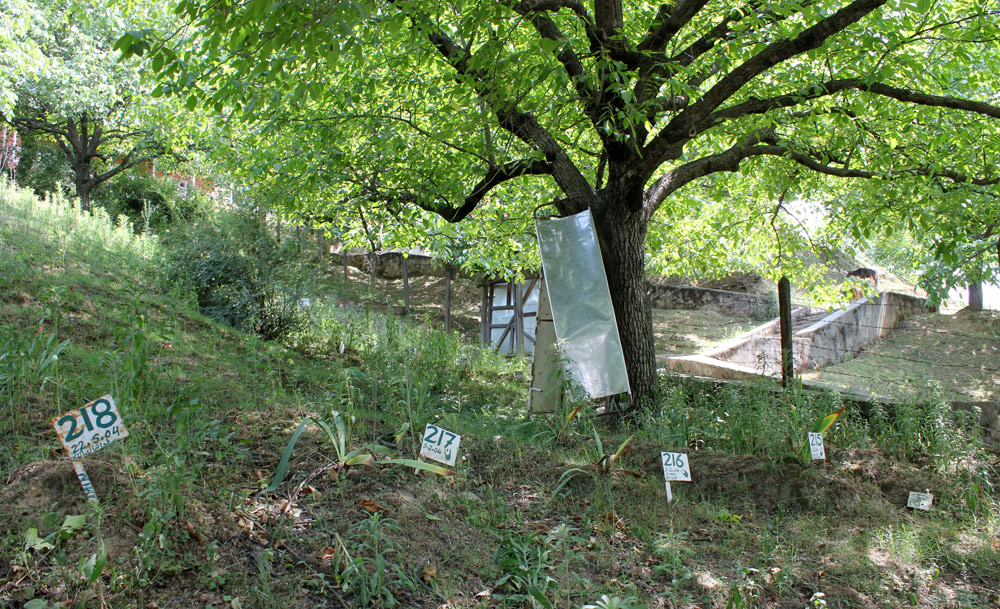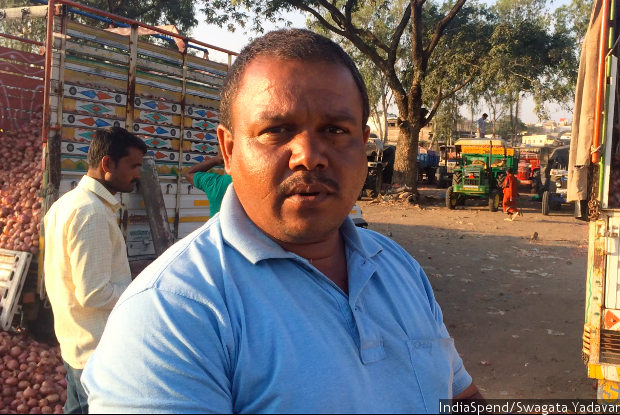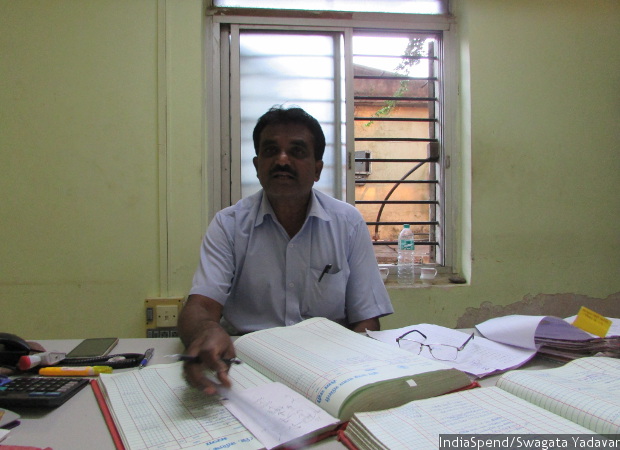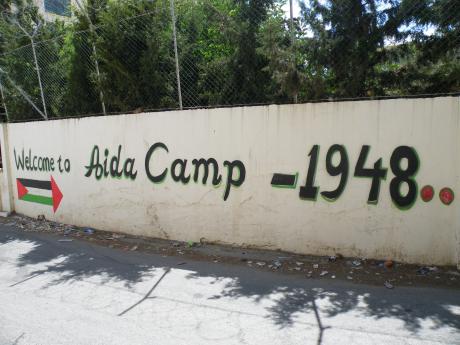On the 100th anniversary of the Balfour Declaration, many voices tell us of the damage this colonial document did to the Palestinian people, and the obligation on Britain and its imperial successor, the United States, to support Palestinian rights at last.

Chaim Weizmann
As someone keenly interested in Jewish history, I have a different angle on Balfour: the declaration marked the arrival of the Zionist lobby in international affairs. That amorphous coalition that is called the Israel lobby or the Jewish lobby announced its presence with the Balfour promise of 1917. It is the one element of the Balfour history that will not be anatomized in the press these days, because it so touches on a delicate issue, “Jewish influence,” which is widely thought to be an anti-Semitic idea. But no history of Balfour is complete without understanding Zionist agency in producing the colonial entitlement. And no effort to rectify Balfour will be possible without reckoning with the role of the lobby in our policy-making to this day.
The why’s and wherefore’s of the Balfour Declaration were extremely complicated. Britain was still a colonial power, and had colonial interests in the Middle East. And it was also a combatant in the Great War as one of the Allied Powers (France and Russia) against the Central Powers (Germany, Austria and the Ottoman Empire).
The Balfour Declaration emerged at the height of the war — it was negotiated over many months in 1917 — and must be seen first and foremost as a war-time instrument, an effort by the British to win American Jews to their side in the war. “[W]hen British officials made the case to skeptics [for the Balfour Declaration], they stressed the geopolitical benefit that Zionism would bring to the British Empire and to the current war effort,” John Judis writes in his history, Genesis.
“Every influence must be used now,” Chaim Weizmann, the Russian-born Zionist who so effectively negotiated the declaration with British authorities, told the American Zionist Louis Brandeis in a cable about wartime schemes. “Jews have now [a] splendid opportunity [to] show their gratitude [to] England and America.”
Israeli historian Tom Segev says that Weizmann was bluffing. “In 1917, Weizmann had reason to conjure up the myth of Jewish power and influence, and he rose to the occasion admirably…. Britain’s belief in the mystical power of ‘the Jews’ overrode reality, and it was on the basis of such spurious considerations” that it issued the Balfour Declaration.
Segev and other historians maintain that Weizmann could not summon real power and influence, and the able statesmen of the British empire fell for his claims. I think these historians are wrong; Jewish power and influence was a real factor, if hardly the only one, and the British overlords were not hoodwinked but assessed the landscape as realistically as they could.
So if we blame the British for the Balfour Declaration, we ought to blame the Zionist lobby too.
Here are three members of that early Zionist lobby who demonstrate its influence.
Supreme Court Justice Louis Brandeis
The leading opponent of the Balfour Declaration was a Jewish anti-Zionist member of the British cabinet, Edwin Montagu, who saw the British commitment as undermining Jewish citizenship in nations around the world, and argued eloquently on that score. In October of 1917 he convinced the cabinet that it should not issue the declaration without the OK of the American president, Woodrow Wilson. Wilson came out against the declaration, Tom Segev says in One Palestine, Complete, until Weizmann “lobbied his friend Brandeis, who in turn spoke with someone on Wilson’s staff, and the White House reversed its position.” Segev says the incident was just good p.r. work on the part of Weizmann and Brandeis, but it confirmed Prime Minister Lloyd George in “his conviction that the Jews controlled the White House.”
It is obviously specious to say that the Jews controlled the White House. But as I have shown, Louis Brandeis had converted to Zionism at 56 five years earlier because he needed to have a Jewish base in order to get a high position in the Wilson administration, and he got one by embracing a position popular among the new immigrants. Wilson wanted a “representative Jew,” who could help him win votes among the multitude of Russian Jews who had come to New York and other American cities. And the president closely heeded the views of the banker Jacob Schiff when he rejected Brandeis as Attorney General in 1913 for not being a “representative Jew,” and then when he elevated Brandeis to the Supreme Court in 1916. In that interval, Brandeis had become a hero to the Jews of the Lower East Side as a Zionist leader.
And as an “adviser to President Wilson and a man who moved comfortably in the upper echelons of WASP society, Brandeis put a seal of respectability and attractiveness on the American Zionist movement,” writes Naomi Cohen.
Dismissing Brandeis’s role as inconsequential, mere P.R., insults the record.
Jacob Schiff
Jacob Schiff was the most important Jewish banker of his age, and his ambivalence about Zionism and the allied war effort are significant to understanding the Balfour Declaration.
A Germany-loving German immigrant who hated Russia for its treatment of Jews, Schiff, 70, opposed American entry into the war on Russia’s side; and was thought to have helped the German war effort. The banker’s financial power was legendary. Enraged by the Kishinev pogrom of 1903 in Russia, Schiff “exerted all of his influence to block Russian access to loans” during the Russo-Japanese war of 1904-1905, the historian Gary Dean Best writes. Japan’s victory in that war may be attributed to the “influence of the Jewish banking community in the United States and Europe.”
Hatred of Russia was the main reason that the Russian Jewish masses in the U.S. were generally against the U.S. entering the war or neutral. When historians say that the British were trying to get American Jewry on their side in the Great War– and when they note that the Germans were also making a play for Zionist support — they are describing Schiff’s playing field. As the historian Kenneth Ackerman writes, Schiff had international clout:
Schiff had openly used his wealth to pressure Russia into changing its anti-Semitic polices. Moreover, Schiff had refused to allow his bank to participate in American war loans to Britain or France as long as they allied themselves with Russia.
In March 1917, Schiff abandoned his neutrality. The Russian revolution had removed the czar and installed a government he approved of, and he supported American entry into the war “without reservation,” writes his biographer Naomi Cohen.
She says the British ascribed too much power to Schiff. “Just as the Germans inflated their expectations of Schiff, so did the English exaggerate his importance in their own struggle for American loans and goodwill. The myth of Jewish control of finance and of the press pervaded the British foreign office, and Schiff was regarded as the prime example of Jewish power.”
Cohen is yet another example of a historian arguing that the British didn’t understand the power map of their age. These masters of empire may have exaggerated the power of American Jews, but they didn’t get to “Rule Britannia” by not studying political realities; and it is undeniable that Schiff was an important figure. P.S. The U.S. entered the war a month after Schiff stopped being neutral.
Later in 1917, Schiff endorsed the Balfour Declaration because though a non-Zionist himself, he recognized the support for Zionism inside the American Jewish community, to which he felt great responsibility. His biographer writes that a crucial American Jewish Committee statement in support of the Balfour Declaration was written by Schiff himself, and then “cleared with Secretary of State [Robert] Lansing.”
We have to ask: If Zionism had the power to persuade assimilationists of Schiff and Brandeis’s status and acumen to get on board, how can anyone conclude that the British were fools to be catering to the Zionists? As Segev writes, the Declaration’s author, Foreign Secretary Arthur Balfour, was motivated by a belief in “Jewish power. ‘Zionism, be it right or wrong, good or bad,’ Balfour wrote, is ‘of far profounder impact than the desires and prejudices of the 700,000 Arabs who now inhabit that ancient land.”
Chaim Weizmann
Books have been written about Weizmann’s tenacious role in bringing about the Balfour Declaration, and his ability to walk in and out of the British Foreign Office seemingly at will during the Great War, capped by the moment 100 years ago when Mark Sykes said, “It’s a boy,” in telling Weizmann that the declaration had been adopted.
Let me focus on one clear example of the chemist’s actual influence.
In June 1917, the United States undertook a bold and secretive move in the war effort. It sent Henry Morgenthau, the non-Zionist Jewish former ambassador to Turkey, to Europe in an effort to make a separate peace between the Allied Powers and the Ottoman Empire and help end the war. Weizmann was informed of the trip by Supreme Court Justice Louis Brandeis in a cable, and the move was extremely alarming to Zionists. If the allies made a deal with the Ottomans, the Ottomans would hold on to Palestine, and the whole dream of getting a British assurance of a Jewish “home” in Palestine was off the table. Weizmann flew into action. He was appointed as a British representative and was sent to Gibraltar to head off the trip. He succeeded in convincing Morgenthau not to go on, after lengthy discussions with Morgenthau and a French official who had come to negotiate as well.
In explaining why the British allowed Weizmann to negotiate on their behalf, against their own interest in exploring a separate peace with Turkey, Jonathan Schneer writes in his book The Balfour Declaration that the “Foreign Office had concluded that Britain needed the support of ‘international Jewry’ to win the war.” Weizmann, Schneer sneers, “shrewdly harped upon the power of this cosmopolitan cabal” with the Foreign Office.
Whether Weizmann shrewdly harped or inflated mystical powers, whether there was a cabal or not– let’s stop to consider the reality here. During its internal deliberations over the future of Palestine, the British Foreign Office is deputizing a keenly interested party to do wartime negotiations on its behalf that help to undermine a diplomatic initiative. That’s real power.
In fact, Senator David Reed of Pennsylvania later accused Weizmann of prolonging the war for two years by scuttling the Morgenthau Mission (as Weizmann relates in his autobiography). And of course, Weizmann served as Israel’s first president.
Anyone who diminishes the Zionist role in the creation of the colonial document must reckon with these real expressions of power, mostly behind-the-scenes. And while it is true that the Balfour Declaration was a colonial document, the British abandoned their colonial role in Palestine by 1947 when they found the Palestine mandate to be too much trouble to administer. The Zionists have been in control in Israel and Palestine since that time, demolishing the promise by the Foreign Secretary to protect the rights of the non-Jewish communities of the territory as they colonize hilltop after hilltop.
Edwin Montagu was an anti-Zionist. Henry Morgenthau was not a Zionist. Brandeis was not always a Zionist. Schiff was not always a Zionist. That is the key to understanding this history. Zionism is an ideology about Jewish safety based on separatism and nationalism that answered the long-debated Jewish question in Europe. Not all Jews accepted it. Unfortunately the American Jewish Committee, which gave lukewarm endorsement to the Balfour Declaration 100 years ago, is all in today, as is just about every other major Jewish organization.
They are the heart of the Israel lobby, and today they do Weizmann’s work on a grand scale: ensuring that there is no daylight between the U.S. government and the Israeli government. When scholars have the temerity to point this out, they are branded as anti-Semites…
The misery in Palestine that was triggered by the Balfour Declaration will not end until the root cause of that suffering is identified and taken on aggressively. That root cause is Zionism. And we’re gonna need a whole lot of Jewish influence to break it down.
Philip Weiss is Founder and Co-Editor of Mondoweiss.net.
Courtesy: http://mondoweiss.net

